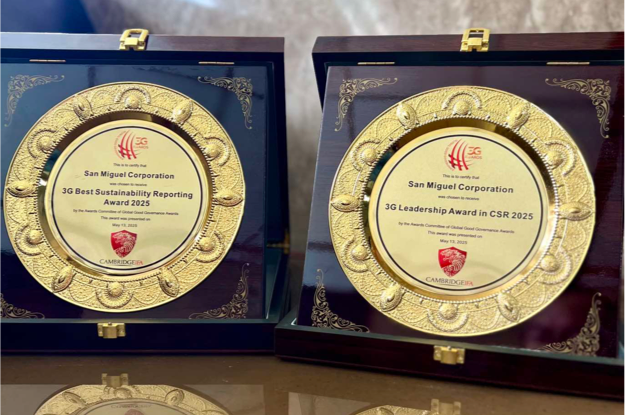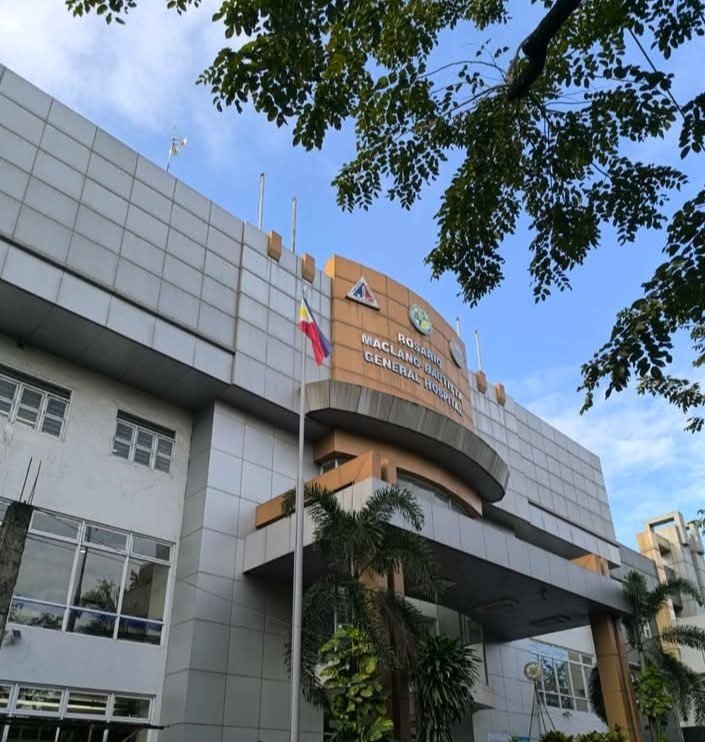
Toxic watchdog group BAN Toxics raises the alarm on the continuous selling of banned/prohibited Skin Lightening Products (SLPs) despite the public health warning issued by the Food and Drug Administration since 2017.
In a recent market monitoring activity conducted by BT Patrollers in Makati, Pasay, and Quezon City, the group managed to purchase, document, and take photographs of prohibited SLPs including 1) Goree Beauty Cream with Lycopene Avocado & Aloe Vera, 2) Goree Day & Night Beauty Cream Oil Free Total Fairness System, 3) C Collagen Plus Vit E Day & Night Cream, and 4) Golden Pearl Beauty Cream.
Using a SCIAPS X-200 HH XRF Analyzer, the SLPs were found to contain mercury with up to 67,500 parts per million (ppm), exceeding the allowable limit of 1 ppm set by FDA and as published in the ASEAN Cosmetic Directive.
“The continuous selling of banned and prohibited SLPs is evidence that some beauty shops don’t follow regulations. We call on store owners to pull-out banned and prohibited skin lightening products from their shelves,” said Thony Dizon, Toxics Campaigner of BAN Toxics.
In relation to mercury-containing SLPs, the Food and Drug Administration issued FDA Advisories 2017-289, 2021-0646, and 2021-3060 – Public Health Warning Against the Use of Unnotified Cosmetic Products Found to Contain Toxic Mercury (Hg). This is in support of the government’s efforts to eliminate mercury-added products in the market in compliance with the Minamata Convention on Mercury which the country ratified in 2020. Furthermore, the revised Chemical Control Order for Mercury and Mercury Compounds issued by the Environmental Management Bureau in 2019 sets a 2022 phase-out date for such products, which makes their availability in certain markets even more alarming.
Citing information from FDA, mercury salts in cosmetic products inhibit the formation of skin melanin which will result in lighter skin tone. Adverse health effects brought about by highly toxic mercury in cosmetic products include kidney damage, skin rashes, skin discoloration and scarring.
In 2019, Quezon City passed City Ordinance 2767-2019 which bans the manufacture, distribution and sale of mercury-containing skin whitening cosmetics. The ordinance aims to ensure the compliance by business and commercial establishments, as well as street, “tiangge” and online vendors, to the national regulation banning the sale of cosmetics containing mercury above the one part per million (ppm) limit set by the Food and Drug Administration (FDA).
The group further urged other local officials to enact an ordinance banning the use and sale of banned and prohibited skin lightening products to stop the illegal trade of mercury added skin lightening products and prevent the risk of mercury exposure and poisoning.
“We will continue to conduct on-site and online monitoring surveillance on the proliferation of banned and restricted skin lightening products and report this to concerned authorities for law enforcement action. The health and welfare of the public is our concern, it should be the same with our local officials and regulators,” BAN Toxics added.







